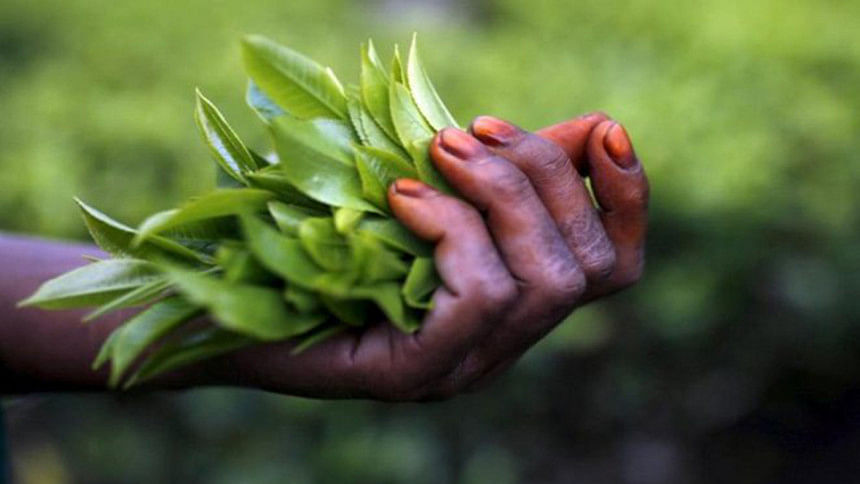Chinese scientists unlock tea plant genome

Chinese researchers yesterday announced they have successfully sequenced the genome of the evergreen shrub Camellia sinensis, known as tea plant, for the first time.
"There are many diverse flavors, but the mystery is what determines or what is the genetic basis of tea flavors?" Lizhi Gao, plant geneticist of Kunming Institute of Botany in China and senior author of the study published in the journal Molecular Plant, told Xinhua.
"We believe that sequencing tea tree genome would help to solve these problems."
Gao became the first scientist to do such a job in 2010, and even with modern sequencing, assembling the genome took his team over five years.
It turned out that the tea tree genome is much larger than initially expected, reports Xinhua.
At 3.02 billion base pairs in length, it is more than four times the size of the coffee plant genome and much larger than most sequenced plant species.
Tea is among the world's most oldest and important nonalcoholic caffeine-containing beverage, and tea tree was originally domesticated in Southwest China. It's estimated that some three billion people worldwide drink tea.
"So, our achievement of tea tree genome sequencing is bringing tea tree biology out of the dark that will greatly help worldwide tea breeders to breed new varieties with more diverse tea taste without pesticide residues and also help to potentiate medicinal uses," said Gao, who called himself "a good tea drinker" for a long time.
"It is our hope that more new tea tree cultivars would finally satisfy and attract more tea drinkers worldwide."

 For all latest news, follow The Daily Star's Google News channel.
For all latest news, follow The Daily Star's Google News channel. 








Comments